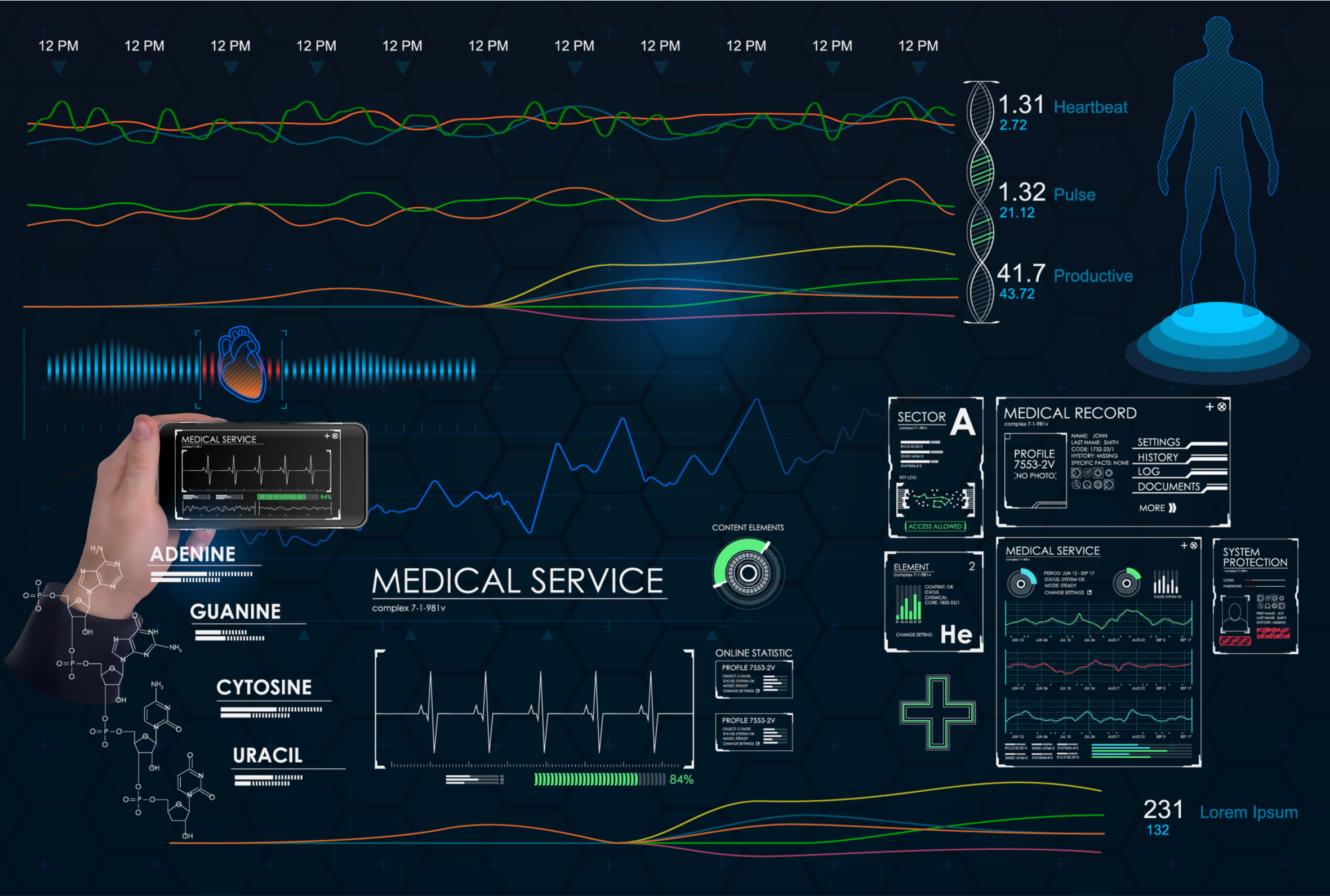
AgrEGG GenIA become also a prognostic tool
- Posted by agrAdminEGG
- On September 23, 2021
Introduction
Prevention in healthcare is a crucial factor that has the aim to minimize the burden of diseases and associated risks. The early detection of a particular pathological status and its possible evolution improves the chances for positive health outcomes, helping physicians to better anticipates possible complications developing and adapting the appropriate clinical plan with the final goal to improve patients health condition.
The advent of modern electronic medical records have provided a large amount of data to be stored in a more structured and more readable way. An EMR typically contains the history of hospital encounters, diagnoses and interventions, lab tests and clinical narratives. The wide adoption of EMRs has led to intensified research in building predictive models from this rich data source in the past few years.
AgrEGG GenIA is a tool able to analyze patients electronic records data in order to estimate the possible evolution of a clinical condition.
Methods
In order to do this we collected a considerable amount of data from various patients. Our data analysts have preprocessed all this informations aggregating them into a huge dataset.
They have analyzed it, extracting the most crucials variables related to anagraphic factors, laboratory exams and risk factors. Using state of the art techniques we have realized Machine Learning models able to unterstand the patient current clinical situation, just with a few values derived from blood exams. In addition our algorihtms are able of cluster all these informations calculating the percentage of risk related to the worstening of the patological status.
Since we analized the clinical history of more than five thousand of patients we developed a Neural Network model capable of estimate the future progression of the patient life values, in order to give an effective prognosis support to physicians.
In this way GenIA can be an effective tool for:
Diagnosis support
Prognosis support
…giving a 360 degree view of patients’ clinical conditions.
Our Deep Learning model can analyze the data temporal component naturally available in the patient history, automatically learning arbitrarily complex mappings from inputs to outputs and to support multiple predictions. This offer many promises for accurately predicting time series data, especially on problems with complex-nonlinear dependencies, multivalent inputs, and multi-stage predictions as in the case of clinical data.
Results
We have validated our prototype application with the Fondazione Italiana Fegato (FIF), monitoring different stages of liver diseases (healty>hepatitis>cirrhosis). Our tool was able to diagnose with an accuracy of more than 90 % the pathological status from the blood values given as input. In addition it was able to give a forecasting of all the patient’s parameters in a future window and to classify each future step giving prognostic informations. All of these informations are very well represented in intuitive dashboards and well detailed tabular reports that can be used to quickly and effectively check each patient status and compare it to history reports as well any other significant value available in the database.
Why AgrEGG GenIA?
Thanks to the work of our team we realized a tool in which informations and data are easy to retrieve and inspect. Our powerful BI solution applied to preventive medicine allows a fast and simple analysis thanks to the various types of Dashboards available; in this way it will be easier to monitor your patients and find a better treatment for their pathology.
Together we can find the best way to implement your strategy. Our experts will help you to identify the appropriate strategy in order to complete your migration.
Make sure that all your choices are based on the appropriate evidence! Get in touch with us and choose AgrEGG.


0 comments on AgrEGG GenIA become also a prognostic tool